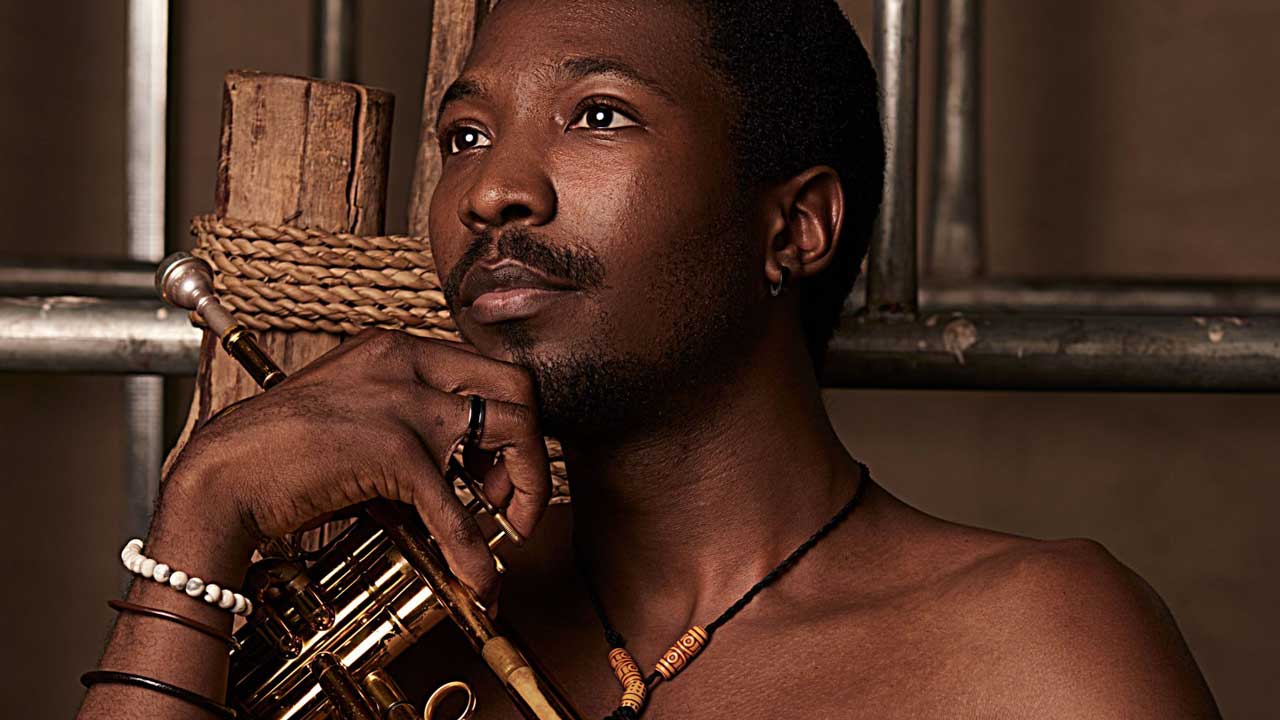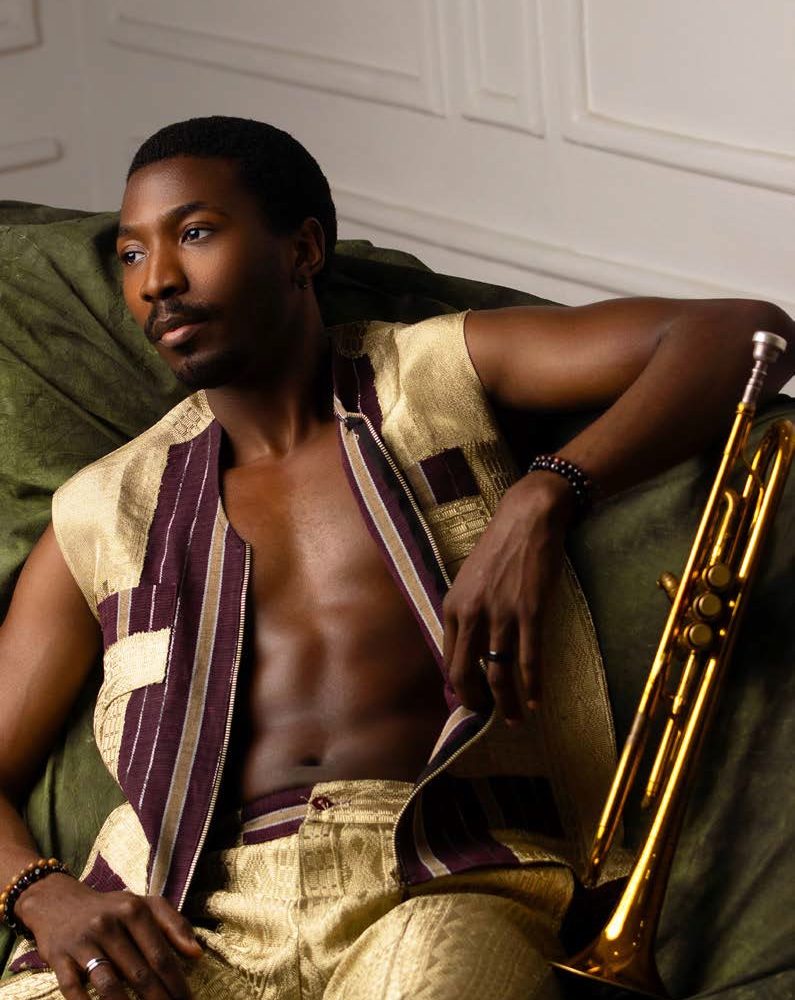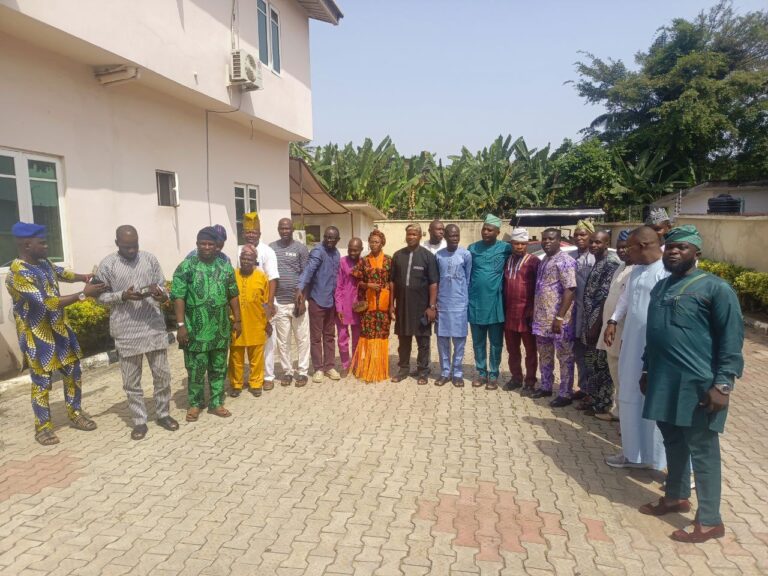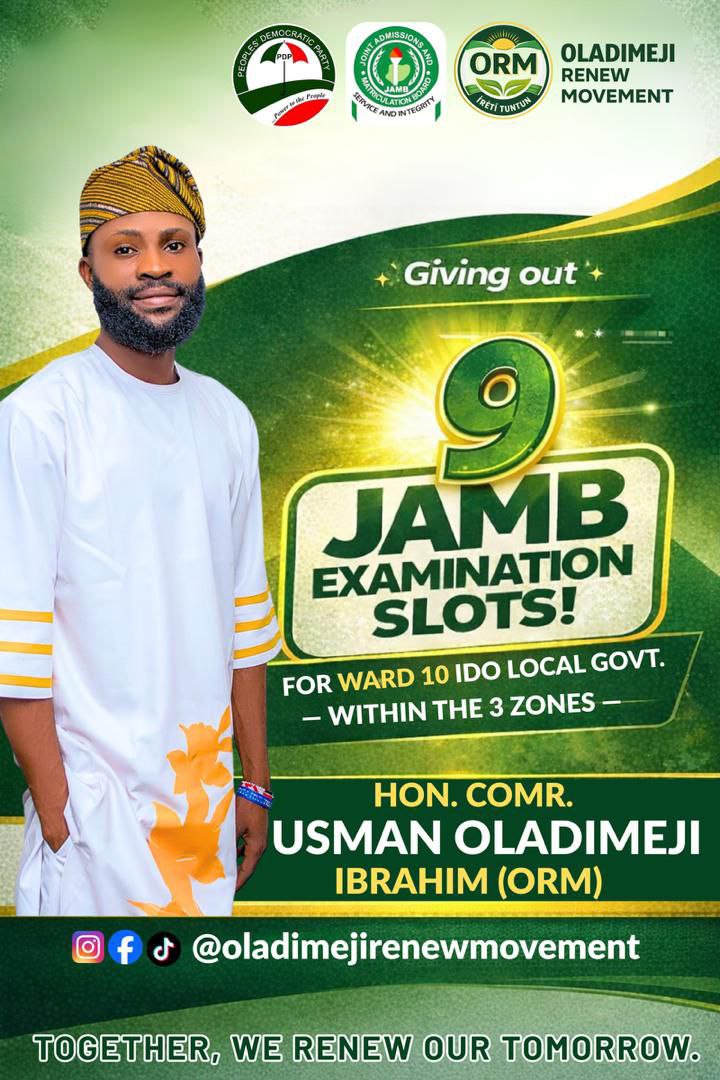
Afrobeat musician, Made Kuti on Friday responded publicly on Instagram after a social media user attacked his marriage to his wife, Inedoye, with a tribalist comment, sparking widespread conversation about who he is, what was said, when and where he responded, why it matters, and how it reflects ongoing issues of ethnic division and unity in Nigeria.
The controversy erupted after a social media user shared a derogatory tweet targeting Made Kuti’s marriage, describing him as “another foolish Yoruba man who married an osu Igbo woman.” The offensive comment, reflecting long-standing ethnic and caste-based biases, was met with widespread backlash across social media.

In a detailed and reflective Instagram post, Made Kuti grandson of Afrobeat legend Fela Kuti responded to the insult not with anger, but with empathy and a strong sense of historical awareness. He expressed pity for the commenter, pointing out that such tribalist views are symptoms of the lingering psychological effects of colonialism and deep-rooted ethnic divisions.
“Every one of our great African leaders believed in the importance of African unity because they had faith in the potential of our people to rise intellectually above the structures that were used to colonize us,” he wrote. “They hoped that we would preserve our culture and traditions, which would support our honour and respect, creating a society that would grow up in a unified continent with collective progress.”
While replying the troll, he said, “You’re still bound by chains nearly 500 years old. By holding on to tribalism and segregation, you remain mentally enslaved. The best way to liberate your mind is through reading educate yourself with the history and wisdom shared by leaders like Kwame Nkrumah, Fela Kuti, and Thomas Sankara.”
His response has been widely praised by fans, public figures, and fellow artists, who commended his calm and thoughtful approach in addressing hate with a powerful message of unity, empathy, and intellectual freedom.
Made Kuti, who carries on the legacy of political awareness in Afrobeat, has consistently used his platform to champion justice, equality, and pan-African ideal principles he considers central to both his music and his way of life.
This incident shows that ethnic and ancestry-based discrimination is still a problem in today’s African society, but it also shows how important conversation, learning, and unity are, in helping to overcome it.






